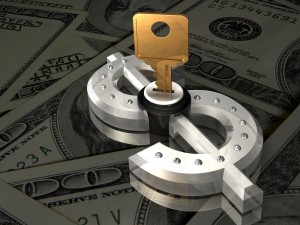Credit cards have more safeguards than consumer checking accounts
 Many consumers don’t look into their most widely used financial services product, checking accounts as much as they do compare the statements on other payment methods such as credit cards. It is seen in a study conducted by the Pew Group that when consumers are unaware of such aspects, they end up paying large amounts of penalties and overdraft fees.
Many consumers don’t look into their most widely used financial services product, checking accounts as much as they do compare the statements on other payment methods such as credit cards. It is seen in a study conducted by the Pew Group that when consumers are unaware of such aspects, they end up paying large amounts of penalties and overdraft fees.
There were a number of checking accounts examined in the study from some of the biggest banks in the country and it was found that over draft penalty disclosure is numbering at least 111 pages and the penalty fines can be increased according to the situation to up to $35. It is quite complex and difficult to understand the terms of their checking accounts and the late fees that can apply on it. This lack of understanding and communication between banks and consumers is turning out to be quite an expensive mistake for most American consumers.
The report which looked at the underlying and unknown risks for checking accounts looked at recommendation to the policy that will ensure that they have a secure and trusted experience with their checking accounts just like there is proper measures to guard against sudden credit card fee hikes.
For consumers who do not have this information, understanding their checking account is quite difficult. When they do not follow what information there is on their checking account, they end up with huge bills and fees that seem difficult to cope with.
The banks seem to have received more than 38 billion as revenue from fees on accounts that have gone into overdraft in the year 2009 alone. This does not paint a very safe picture for most people and consumers will need to ensure they have checked the details thoroughly for their checking account as well.
The Pew group has also recommended that there be a box which can be checked by consumers for receiving disclosures about the fees that will get tacked onto the account.
Credit card companies are required to have a separate disclosure page detailing all the information about credit card fees, annual percentage rates, penalty fees and more. Something similar would be ideal for checking accounts in order to ensure that consumers know of essential facts like debit card fees, penalty fees and the order in which deposits and withdrawals will get processed by the banks.
Many a time the order in which transactions are posted is what proves quite expensive to consumers and depending on how it is done banks can cash in on the overdraft fees they charge consumers.
